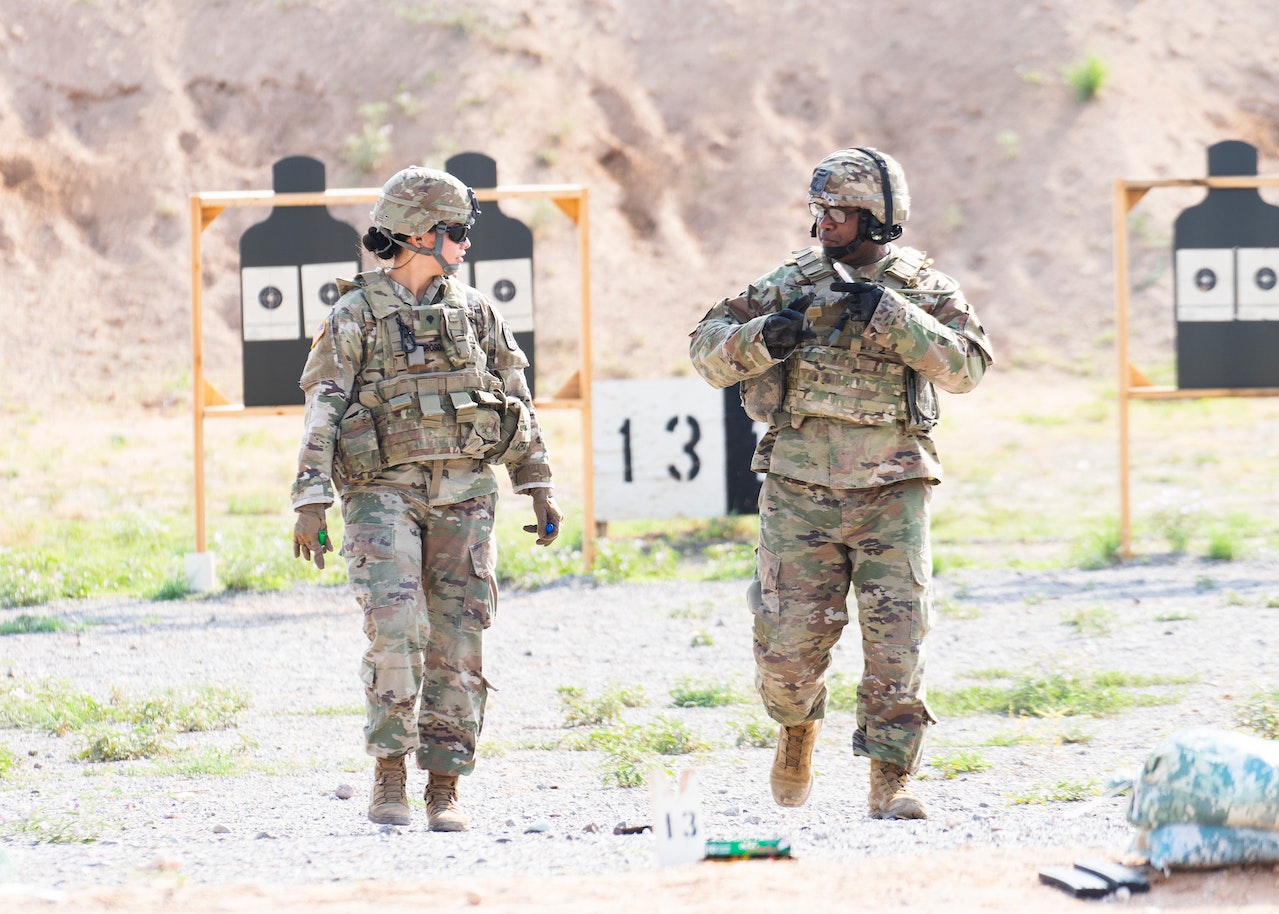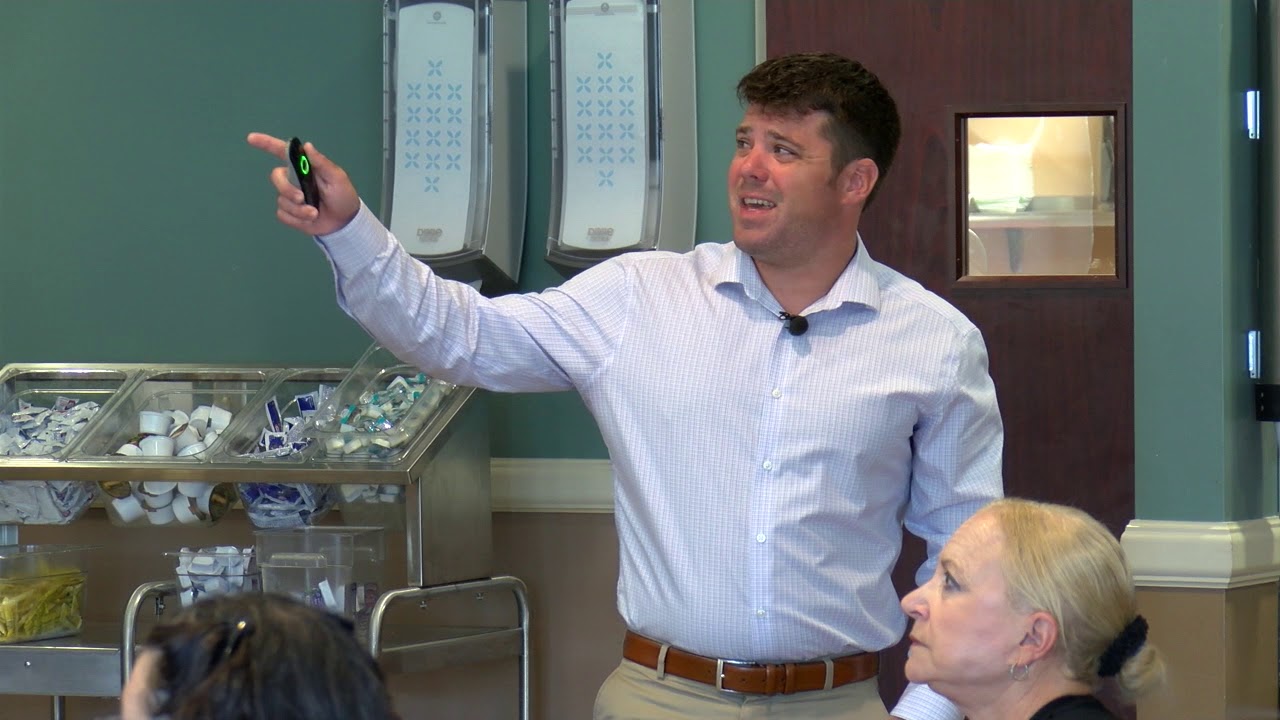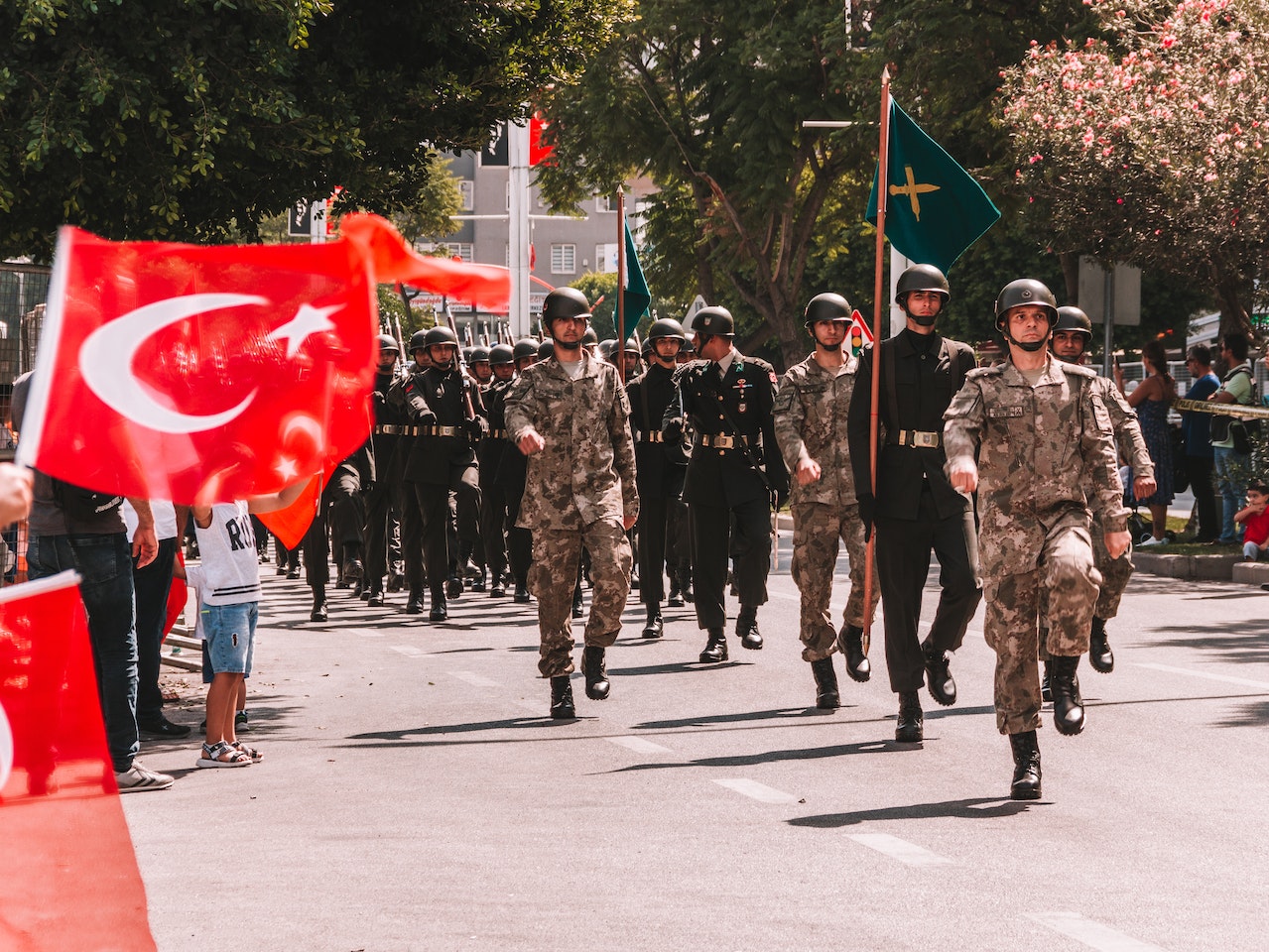Understanding The Importance Of Mental Health In The Military Community - A Comprehensive Look
The military community is a tight-knit group of individuals who share a unique bond of service and sacrifice. While this community is known for its strength and resilience, it's essential to acknowledge the importance of mental health within the military community. Understanding the importance of mental health in the military community is important to reduce the stigma.
Author:Suleman ShahReviewer:Han JuMar 07, 2023147.8K Shares2M Views

The military community is a tight-knit group of individuals who share a unique bond of service and sacrifice. While this community is known for its strength and resilience, it's essential to acknowledge the importance of mental healthwithin the military community. Understanding the importance of mental health in the military communityis important to reduce the stigma.
Military service members and their families face unique challenges that can impact their mental health. In this article, we will discuss the significance of mental health in the military community and the resources available to support service members and their families.
The Importance Of Understanding The Importance Of Mental Health In The Military Community
The military community is composed of active-duty service members, veterans, and their families. Military lifecan be stressful and challenging, with deployments, frequent moves, and separation from loved ones.
These stressors can lead to anxiety, depression, and post-traumatic stress disorder (PTSD), which can affect a service member's ability to perform their duties and their overall quality of life. Moreover, mental health issues can have a significant impact on the family members of service members, who often experience stress and worry about their loved one's safety and well-being.
Recognizing The Signs Of Mental Health Issues
One of the most significant challenges in addressing mental health issues in the military community is recognizing the signs of mental health problems. Some of the most common signs of mental health issues in military service members include mood swings, difficulty sleeping, substance abuse, and withdrawal from social activities.
However, these symptoms can be difficult to identify, and service members may be hesitant to seek help due to stigma or fear of repercussions from their command. It's essential for the military community to be aware of these signs and to encourage service members to seek support when needed.
Military Mental Health Problems
Military mental health problems refer to the psychological challenges that service members and veterans can experience as a result of their military service. The military environment is often characterized by high-stress situations, such as combat, frequent deployments, and exposure to traumatic events.
These stressors can lead to mental health issues, such as depression, anxiety, post-traumatic stress disorder (PTSD), substance abuse, and suicidal thoughts.
Depression
Depression is a common mental health problem among military service members and veterans. It can be caused by a variety of factors, such as the stress of deployment, separation from family and loved ones, and the challenges of military life. Depression can be debilitating, affecting a person's mood, energy levels, and ability to function in daily life.
Anxiety
Anxiety is another common mental health problem among military service members and veterans. It can be caused by the same stressors that lead to depression, as well as the fear of being injured or killed in combat. Anxiety can manifest as physical symptoms, such as heart palpitations, sweating, and trembling, and can make it difficult for a person to perform their duties.
Post-Traumatic Stress Disorder (PTSD)
Post-traumatic stress disorder (PTSD) is a significant mental health issue that affects many military service members and veterans. PTSD is caused by exposure to traumatic events, such as combat, sexual assault, or a natural disaster. The symptoms of PTSD can be severe and can include flashbacks, nightmares, hypervigilance, and avoidance of triggers that remind the person of the traumatic event.
Substance Abuse
Substance abuse is a common coping mechanism for military service members and veterans who are experiencing mental health problems. Alcohol and drug use can provide temporary relief from the symptoms of depression, anxiety, and PTSD. However, substance abuse can lead to a variety of negative consequences, including addiction, legal problems, and relationship difficulties.
Suicidal Thoughts And Behaviors
Suicidal thoughts and behaviors are a significant concern in the military community. The stress of military life and the trauma of combat can increase the risk of suicidal ideation and suicide attempts. It's essential for service members and their families to be aware of the warning signs of suicide and to seek help when needed.
Military mental health problems can have a significant impact on the well-being of service members and their families. It's crucial for the military community to be aware of the signs of mental health issues and to encourage service members to seek help when needed. With proper support and treatment, many people with military mental health problems can recover and lead fulfilling lives.
Accessing Mental Health Resources
The military community has a variety of resources available to support service members and their families. Military installations have mental health clinics staffed by mental health professionals trained to address the unique mental health needs of service members.
In addition, the Department of Veterans Affairs (VA) provides mental health services to veterans, including counseling, therapy, and medication management. Military families can also access mental health resources through Military OneSource, which provides free and confidential support to military families.
Military Culture And Mental Health
Military culture can have a significant impact on the mental health of service members. The military environment is characterized by a unique set of values, norms, and beliefs that can shape a person's perception of mental health. For example, service members may feel pressure to present themselves as mentally tough and resilient, which can make it difficult for them to seek help when they are experiencing mental health issues.
Additionally, the stigma surrounding mental health in the military can make service members hesitant to seek treatment, for fear of being perceived as weak or unfit for duty. It's essential for the military community to prioritize mental health and to work towards reducing the stigma surrounding mental health issues.
Talking about understanding the importance of mental health in the military community, by creating a culture that values mental health and encourages service members to seek help when needed, we can help to ensure that our military personnel receives the care and support they need to thrive both during and after their service.

Military Mental Health
Reducing The Stigma Of Mental Health
One of the most significant barriers to addressing mental health issues in the military community is the stigma surrounding mental health. Many service members may feel that seeking help for mental health issues is a sign of weakness, and they may worry about the impact on their careers or reputation. Understanding the importance of mental health in the military community is really helpful in reducing the stigma.
It's essential for the military community to work together to reduce the stigma surrounding mental health and to encourage service members to seek support when needed. This can be achieved through education and awareness campaigns that highlight the importance of mental health and the resources available to support service members.
Conclusion
In conclusion, understanding the importance of mental health in the military community is crucial. Military service members and their families face unique challenges that can impact their mental health, and it's essential for the military community to support them by providing access to mental health resources and reducing the stigma of mental health.
By acknowledging the importance of mental health and promoting support for service members and their families, the military community can ensure that they receive the care and support they need to thrive.

Suleman Shah
Author
Suleman Shah is a researcher and freelance writer. As a researcher, he has worked with MNS University of Agriculture, Multan (Pakistan) and Texas A & M University (USA). He regularly writes science articles and blogs for science news website immersse.com and open access publishers OA Publishing London and Scientific Times. He loves to keep himself updated on scientific developments and convert these developments into everyday language to update the readers about the developments in the scientific era. His primary research focus is Plant sciences, and he contributed to this field by publishing his research in scientific journals and presenting his work at many Conferences.
Shah graduated from the University of Agriculture Faisalabad (Pakistan) and started his professional carrier with Jaffer Agro Services and later with the Agriculture Department of the Government of Pakistan. His research interest compelled and attracted him to proceed with his carrier in Plant sciences research. So, he started his Ph.D. in Soil Science at MNS University of Agriculture Multan (Pakistan). Later, he started working as a visiting scholar with Texas A&M University (USA).
Shah’s experience with big Open Excess publishers like Springers, Frontiers, MDPI, etc., testified to his belief in Open Access as a barrier-removing mechanism between researchers and the readers of their research. Shah believes that Open Access is revolutionizing the publication process and benefitting research in all fields.

Han Ju
Reviewer
Hello! I'm Han Ju, the heart behind World Wide Journals. My life is a unique tapestry woven from the threads of news, spirituality, and science, enriched by melodies from my guitar. Raised amidst tales of the ancient and the arcane, I developed a keen eye for the stories that truly matter. Through my work, I seek to bridge the seen with the unseen, marrying the rigor of science with the depth of spirituality.
Each article at World Wide Journals is a piece of this ongoing quest, blending analysis with personal reflection. Whether exploring quantum frontiers or strumming chords under the stars, my aim is to inspire and provoke thought, inviting you into a world where every discovery is a note in the grand symphony of existence.
Welcome aboard this journey of insight and exploration, where curiosity leads and music guides.
Latest Articles
Popular Articles
